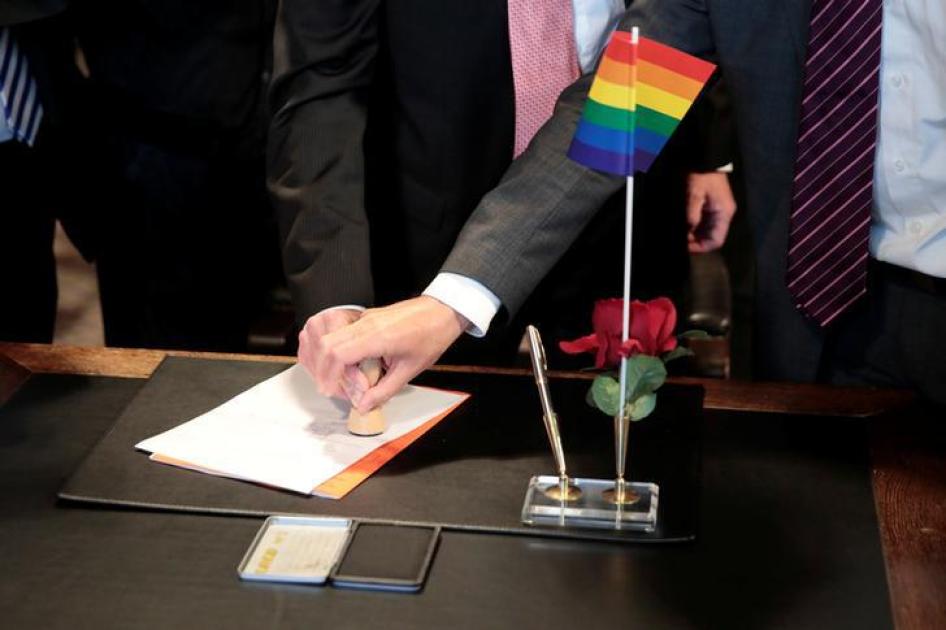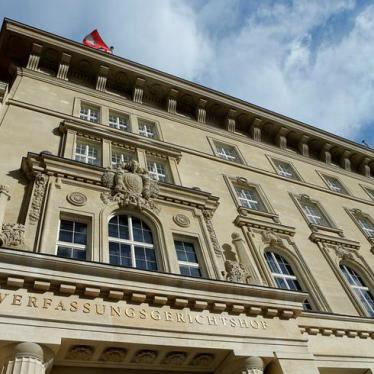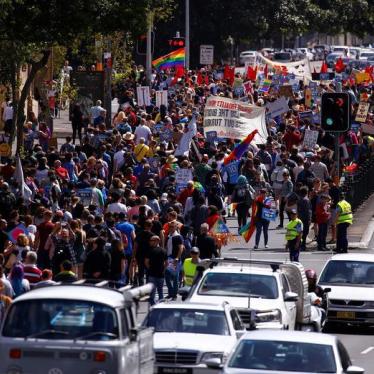At first glance, 2017 seems to have been a good year for marriage equality the world over. But the year ends on a negative note.
Let’s start in Europe. In Germany and Malta, two European Union member states, legislation came into force and the first same-sex weddings took place in those countries. In Austria the Constitutional Court explicitly stated that a ban on same-sex marriage conveys the message that lesbian, gay, and bisexual people are not equal to heterosexuals, and concluded that this amounts to discrimination. The Austrian Constitutional Court’s ruling gave the government and Parliament until January 1, 2019, to agree on legislation allowing same-sex couples to marry. If the government does not act by then, the law on civil marriage law will be automatically amended so that from that date same-sex marriages can take place.
In Asia, in a May ruling, Taiwan’s Constitutional Court paved the way for marriage equality, striking down the legal definition of marriage as “between a man and a woman.” The court gave Parliament two years to amend existing laws or pass new legislation to include same-sex marriage. If Parliament fails to act, same-sex couples will automatically be able to marry. Thus, in 2019 or sooner if a law has been passed, Taiwan will become the first Asian country with marriage equality.
In Chile, President Michelle Bachelet introduced a marriage equality bill in August. Chile’s Congress began debating it on November 27. The debates will continue in 2018. If the bill is adopted, Chile will become the sixth country in Latin America with marriage equality, after Argentina, Brazil, Colombia, Mexico and Uruguay.
The Australian government introduced marriage equality legislation in Parliament in November following the results of a national postal survey in which 61.6 percent of respondents voted in favor of equal marriage rights for same-sex couples. The Senate and the House of Representatives approved the bill. The first marriages will take place in January. Australia will be the 25th country with marriage equality.
However, 2017 ends with a negative example. In Bermuda, a British overseas territory with about 65,000 inhabitants, the Supreme Court had declared that same-sex couples should be allowed to marry under the Marriage Act to prevent discrimination. In response, the Bermuda government introduced the Domestic Partnership Act 2017, which allows both same-sex and different-sex couples to register their relationship as a domestic partnership but preserves marriage as a union between a woman and a man. The bill was approved by the House of Assembly, and on December 13, Bermuda’s Senate voted in favor of it.
When the governor signs it, Bermuda will become the first country in the world to strip same-sex couples of their right to marry by introducing lesser legislation.
A total of 25 countries have marriage equality now. Let´s hope Bermuda is a one-off incident and marriage equality will spread the world over in the years to come.









